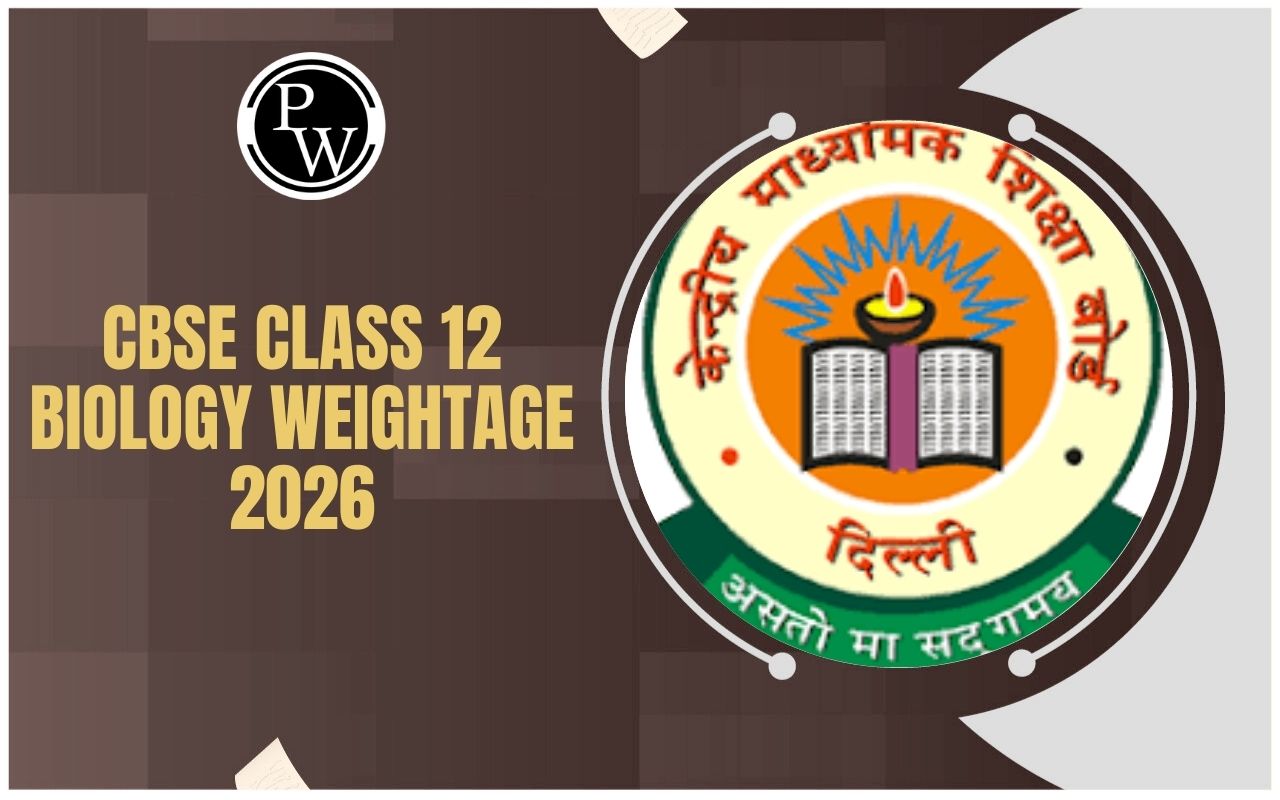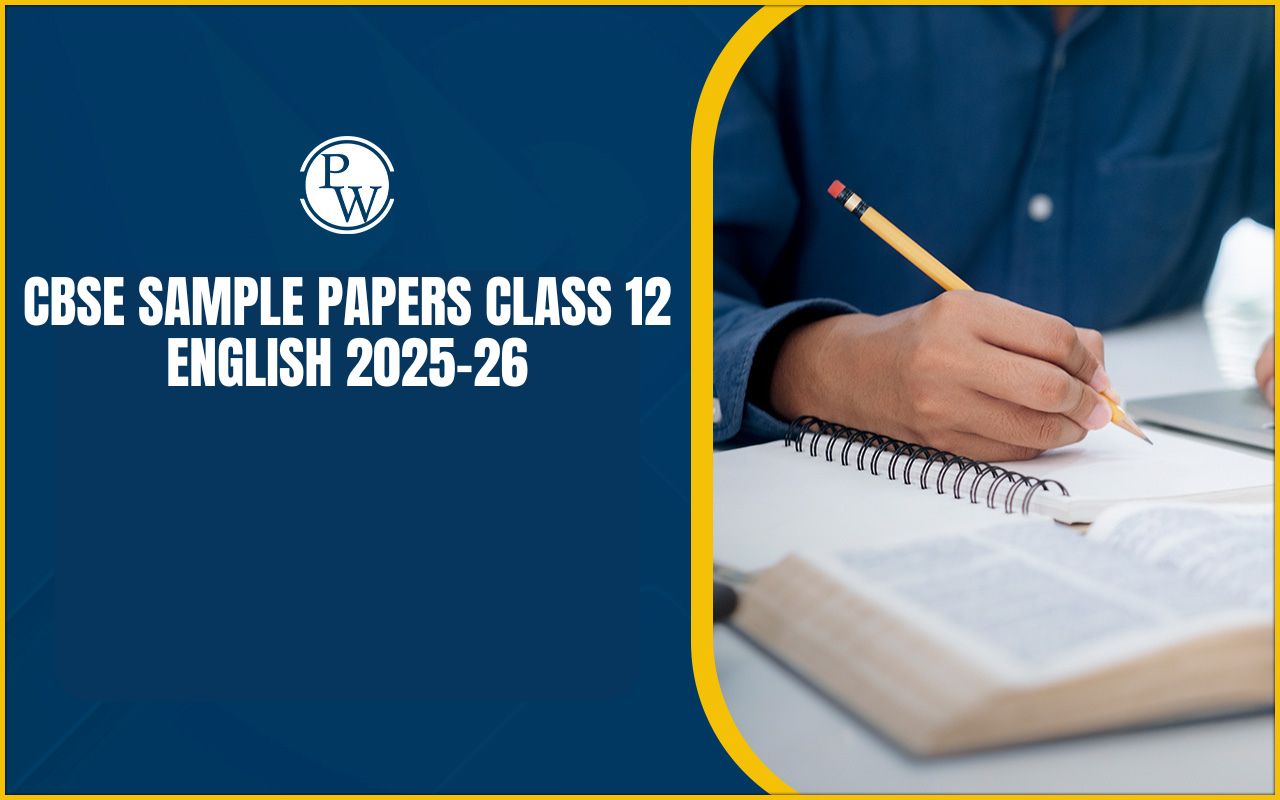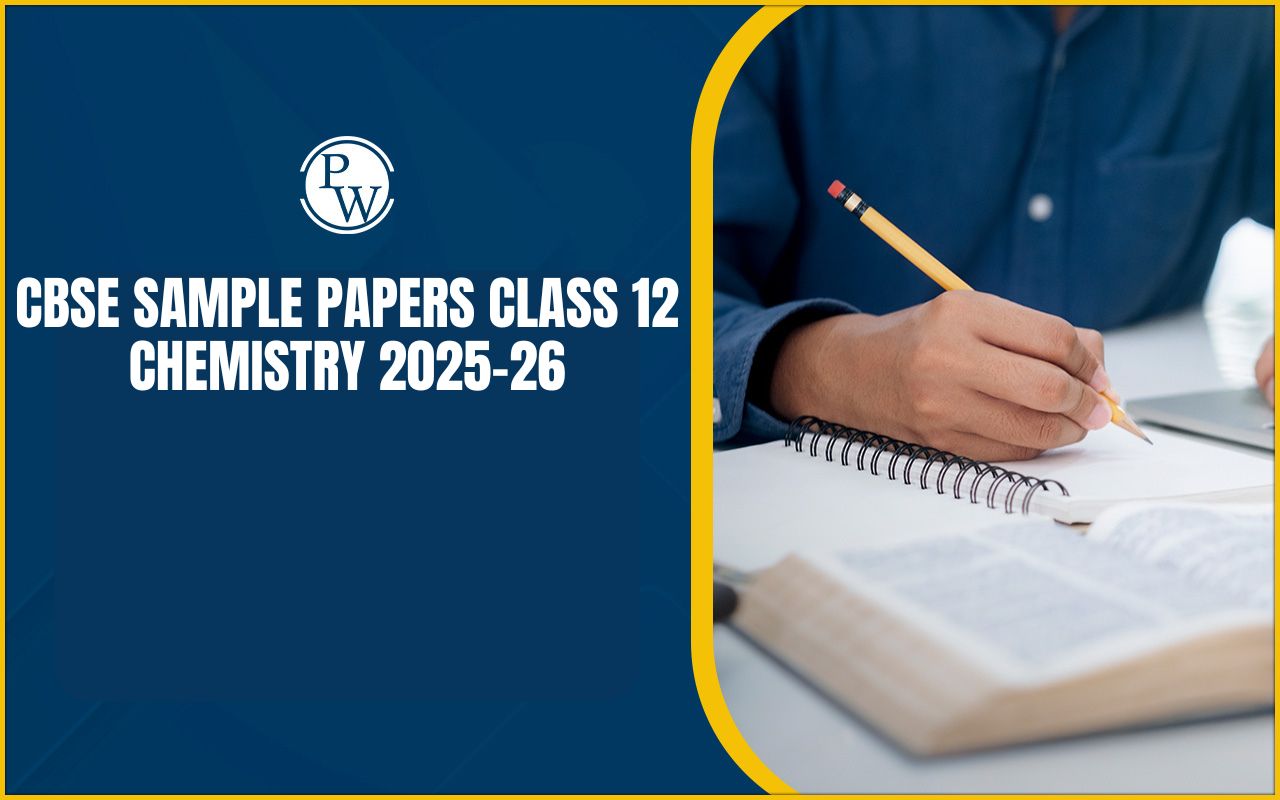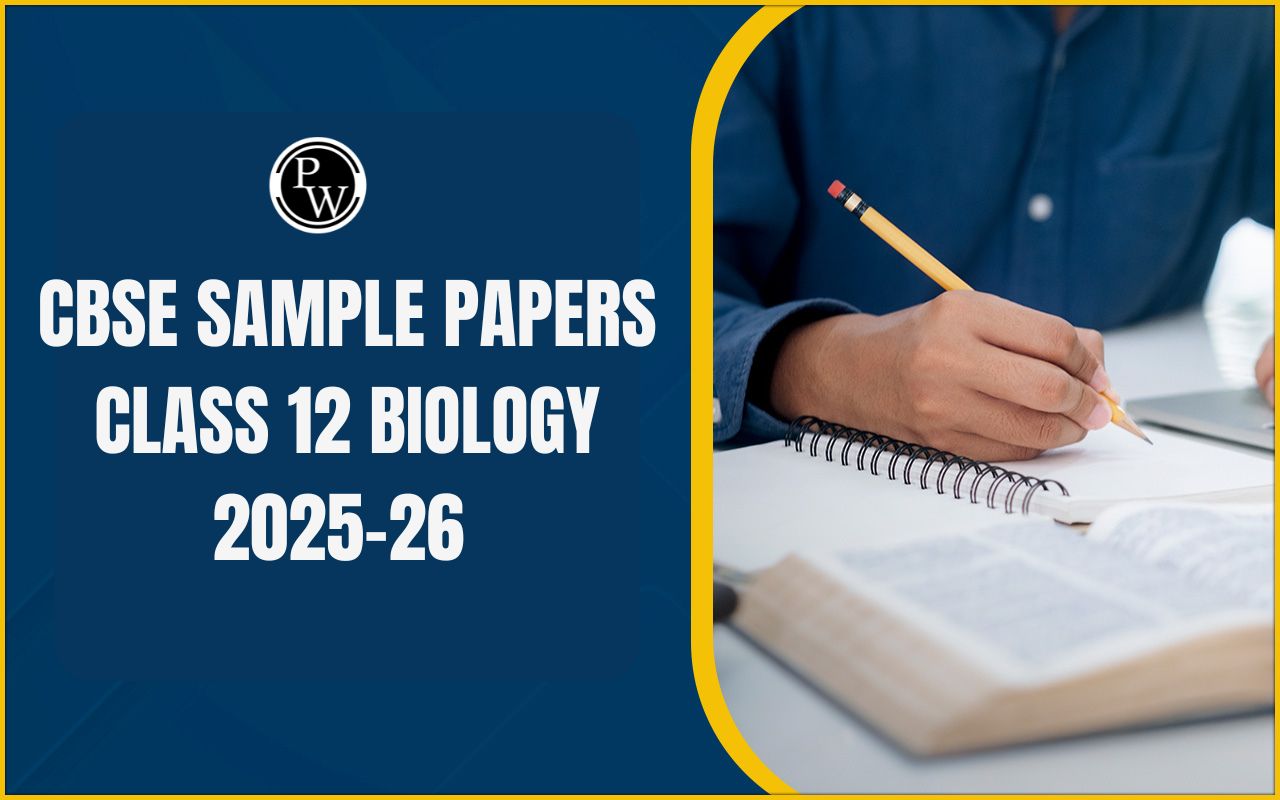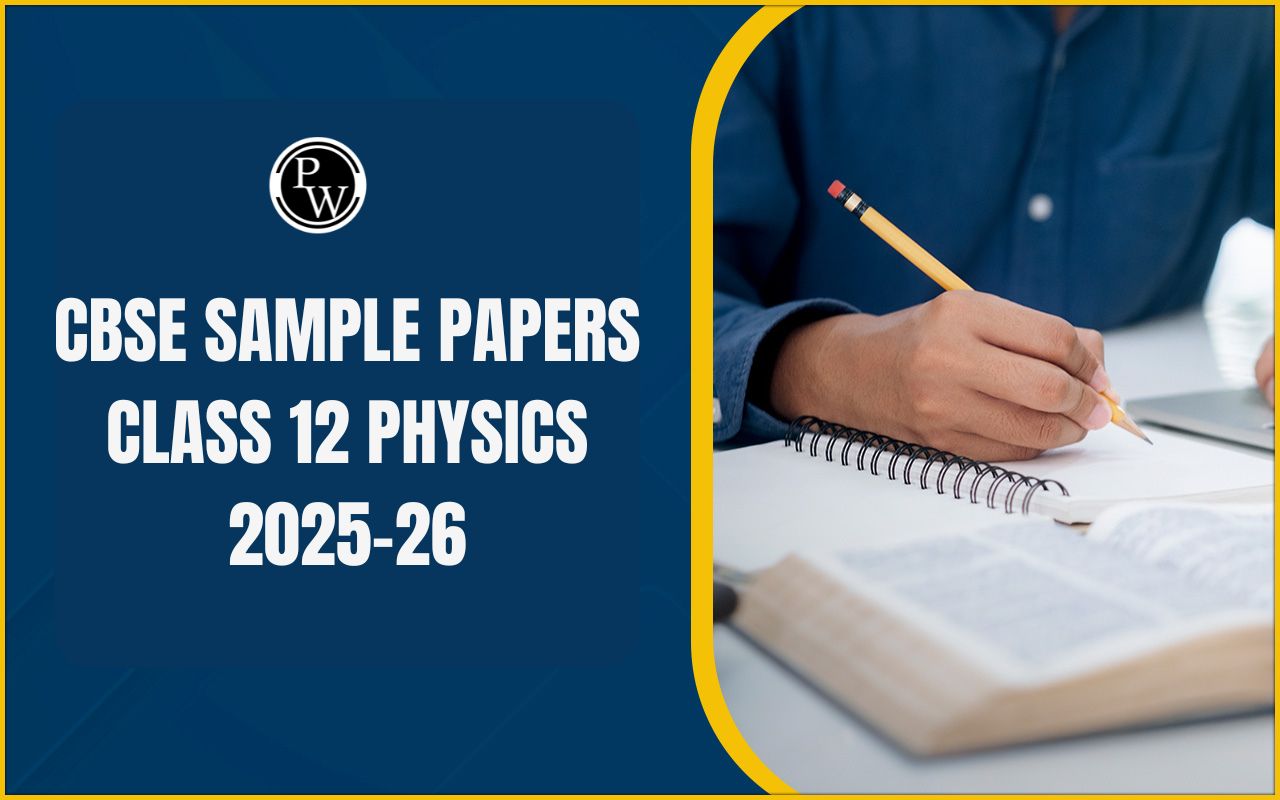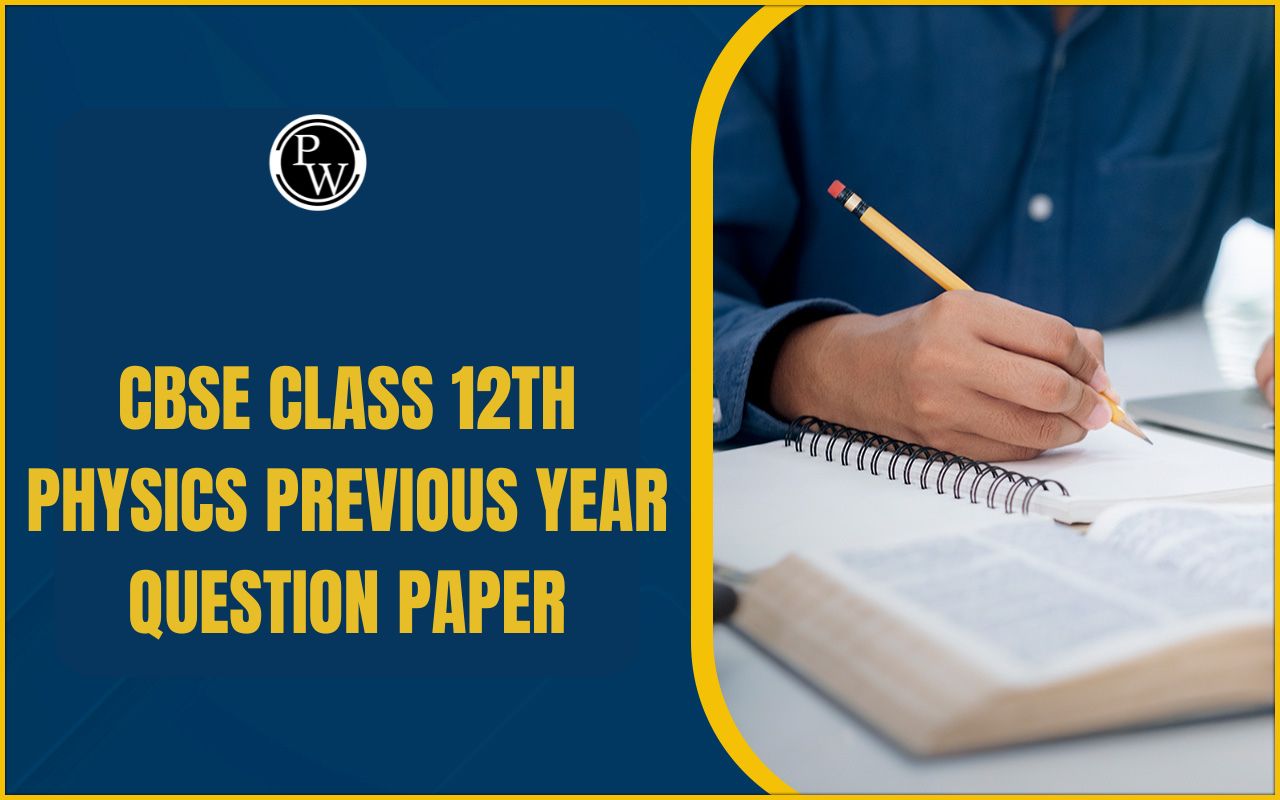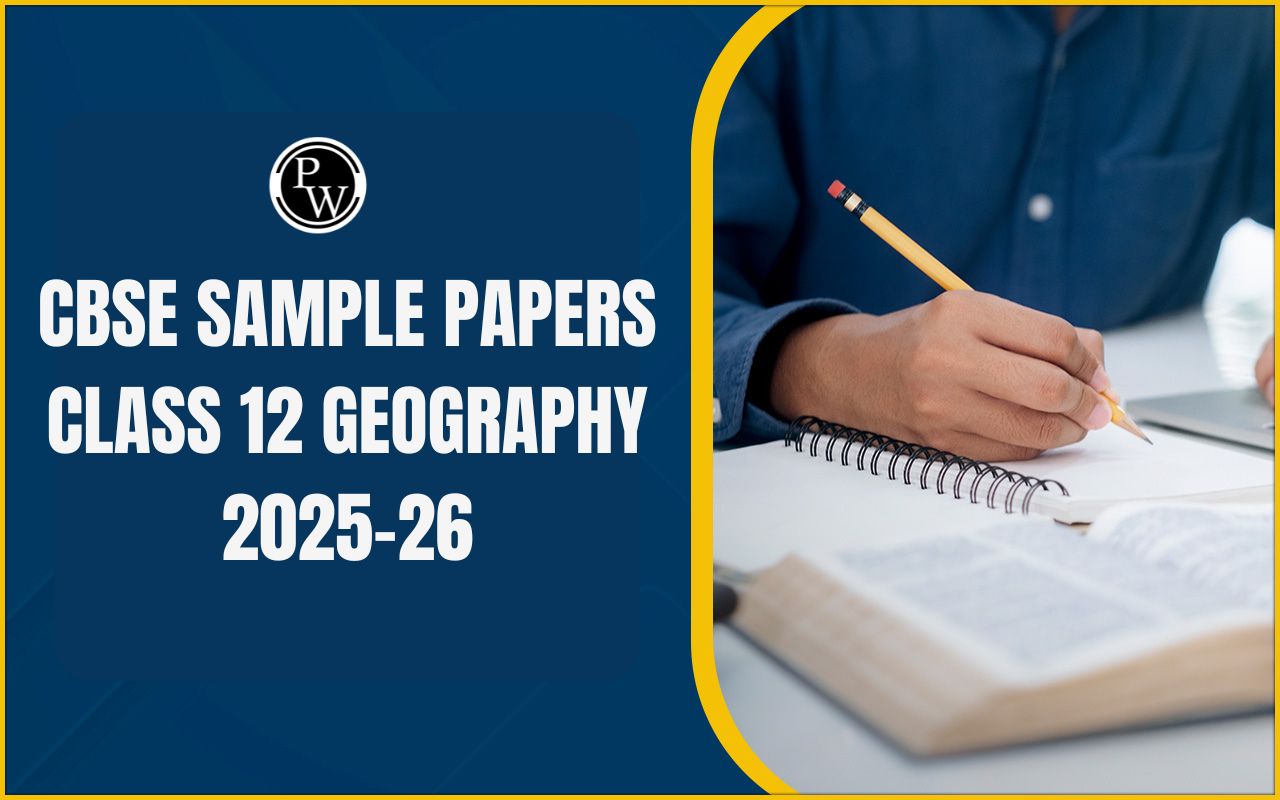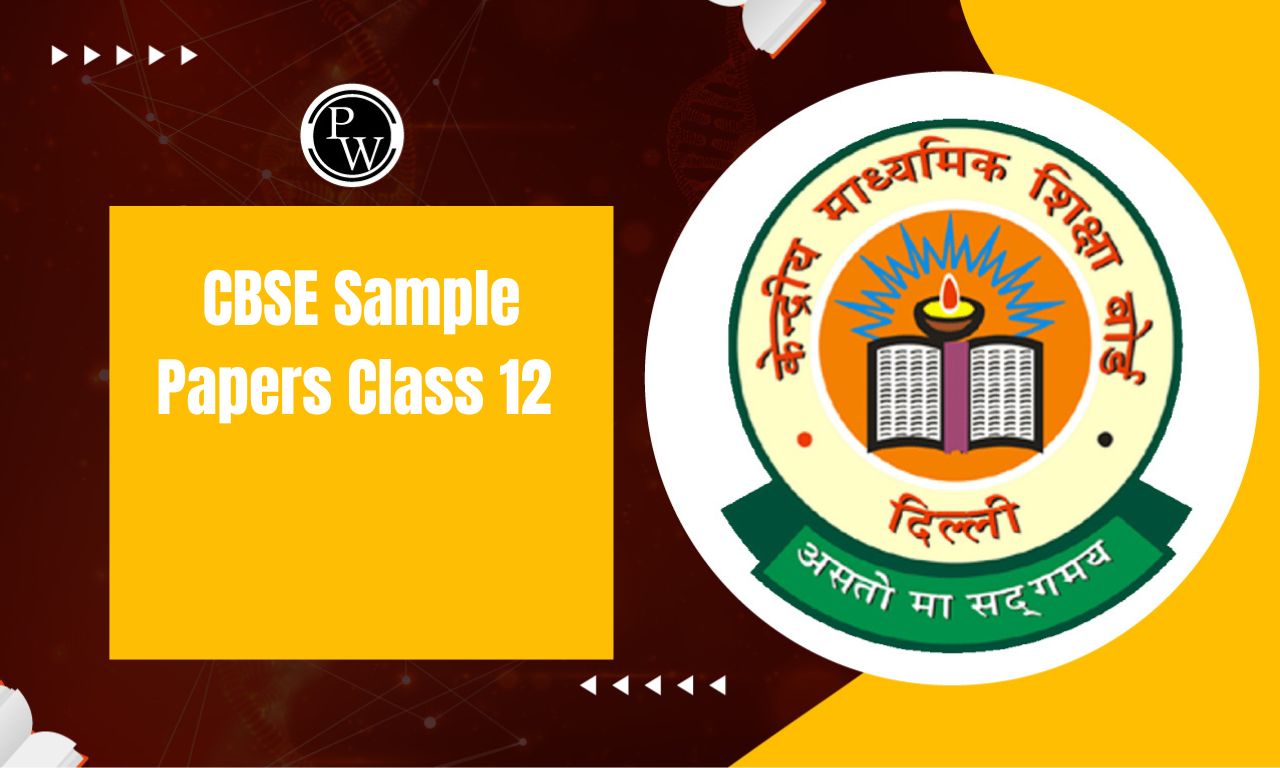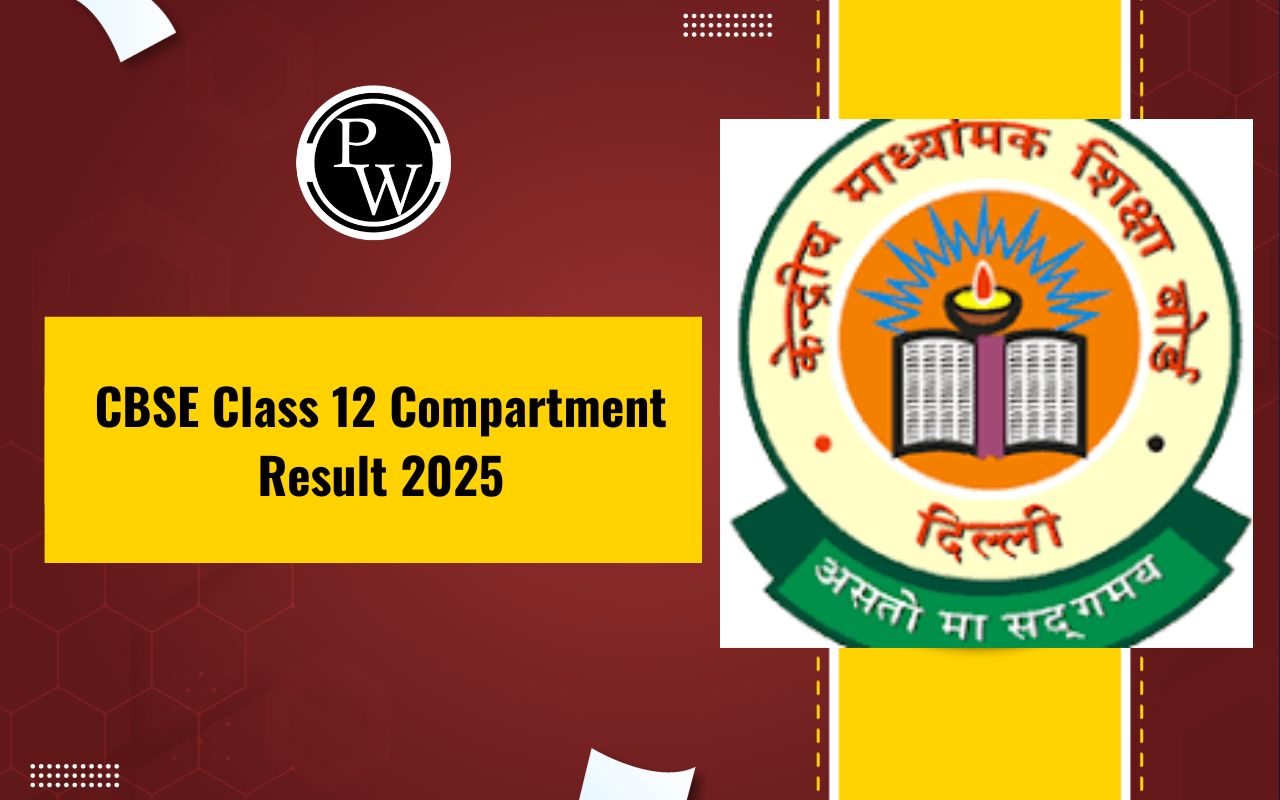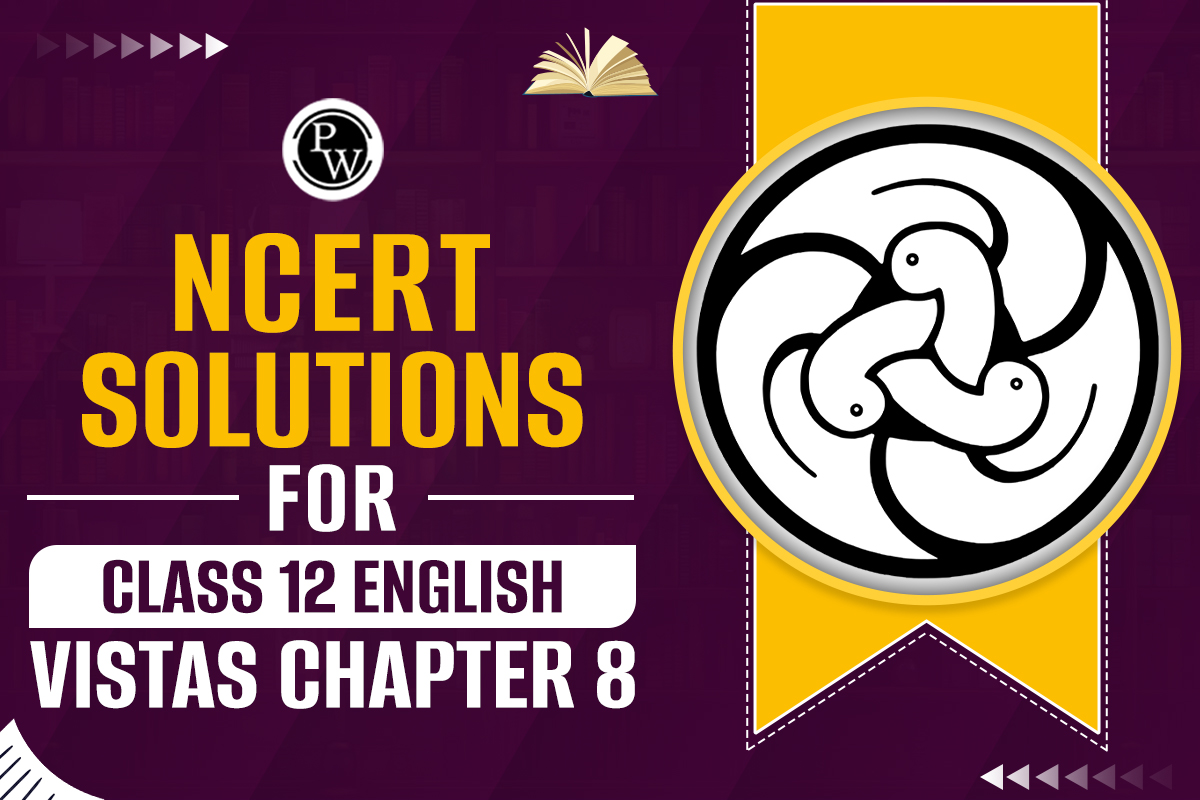
NCERT Solutions for Class 12 English Vistas Chapter 8: The NCERT Solutions for Class 12 English Vistas Chapter 8 have been carefully crafted by our team of experts to facilitate students' test preparation. One of the best resources for CBSE students is NCERT Solutions for Class 12 English. Students can use the links below to obtain the PDF.
Experts advise students to practice the answers numerous times to perform well on their exams. For test preparation, students who struggle with the NCERT textbook exercises can download the solutions. The explanations for these solutions are as thorough as possible to provide students with a good understanding of the chapters.CBSE Class 12 English Syllabus
NCERT Solutions for Class 12 English Vistas Chapter 8 PDF
Our experts have created these NCERT Solutions for Class 12 English Vistas Chapter 8 Memories of Childhood for students to help them score better marks in the Class 12 English Examination. These Solutions will help students to clear their understanding of the chapter. Below we have mentioned NCERT Solutions for Class 12 English Vistas Chapter 8 Memories of Childhood PDF. Students are advised to download this PDF and study it thoroughly before examinations.NCERT Solutions for Class 12 English Vistas Chapter 8 PDF
NCERT Solutions for Class 12 English Vistas Chapter 8
Q1. The two accounts that you read above are based on two distant cultures. What is the commonality of the theme found in both of them?
Ans: The autobiographical accounts in "Memories of Childhood" are written by two women from socially excluded groups in two different civilizations. The one emphasizes racial discrimination, while the other discusses the hierarchical Indian caste structure and untouchability. The first section details how the author, a Native American, was victimized by her boarding school's European staff.
The second tale depicts the struggles and humiliations endured by a third-grade youngster from India's "Dalit" community. Even though they are set in distinct countries, both stories have a common subject. They depict the misery and injustice that their particular communities are subjected to. Both authors condemn the practice of social stratification. At the request of Europeans who thought themselves superior to the Native Americans, Zitkala-hair Sa's was "shingled.
" Untouchability was openly practiced in Bama, where people from the "lower castes" were considered impious and were not even allowed to touch people from the "upper castes." Both Zitkala-Sa and Bama began protesting and opposing in their ways at a young age. They did not give in but instead chose to demonstrate against injustice and discrimination.
CBSE Class 12 Previous Year Question Papers
Q2. It may take a long time for oppression to be resisted, but the seeds of rebellion are sowed early in life. Do you agree that injustice in any form cannot escape being noticed even by children?
Ans: At many levels, the world has been engulfed in a web of hierarchy, oppression, and discrimination. These are all man-made barriers, and while adults have gotten accustomed to them, children's innocence cannot comprehend hostility and prejudice.
Their keen perceptive eyes, on the other hand, are capable of detecting any type of unfairness or discrimination. Their sensitive brains and souls are greatly damaged when they are subjected to such immoral acts. They often oppose in their basic ways, perplexed.
The two girls relate their experiences with inequity in the lesson. In the first line, Zitkala-Sa describes her first day of school as "bitter-cold." It not only depicts the weather for her but also the atmosphere of the boarding school.
The school's extremely disciplined students and European staff were rude or "cold" to her, and the futile battle to keep her hair from getting shingled was a "bitter" experience for her. Bama, on the other hand, followed in her brother's footsteps to demonstrate against untouchability through education. She put in a lot of effort in school to get to a point where people would forget about her "caste" and be pleased to befriend her.
Q3. Bama’s experience is that of a victim of the caste system. What kind of discrimination does Zitkala-Sa’s experience depict? What are their responses to their respective situations?
Ans: Zitkala-Sa was a victim of racial prejudice, while Bama was exposed to caste discrimination and untouchability. Zitkala-Sa was sent to a European missionary school, where she was shunned since she was a local tribe.
Her pride, her exquisite, long, and heavy hair, was shingled. She fought back with all her strength, but she was eventually compelled to give up her fight. Bama, on the other hand, after witnessing the practice of untouchability, chose to use education to blur the lines between classes. She used her rage and sense of rebellion to study hard and outwit any sort of prejudice under the leadership and supervision of her older brother.
She realized that societal transformation would only be possible if the so-called lower castes made an attempt to study and, as a result, progressed. It's easy to see that, even though both heroes attempted to oppose the injustice they encountered, their paths were radically different.
Zitkala-Sa is obliged to give in as a result of her disobedience; on the other hand, Bama successfully adopted her brother's advice to finally finish first in her class. While Zitkala-Sa continued to rebel by condemning the horrors of racial prejudice through her works, Bama chose a more subtly effective method of expressing her displeasure.
NCERT Solutions for Class 12 English Vistas Chapter 8 FAQs
What is the name of the Chapter 8 of Vistas?
What are the main points of memories of childhood?
What is the lesson memories of childhood?





